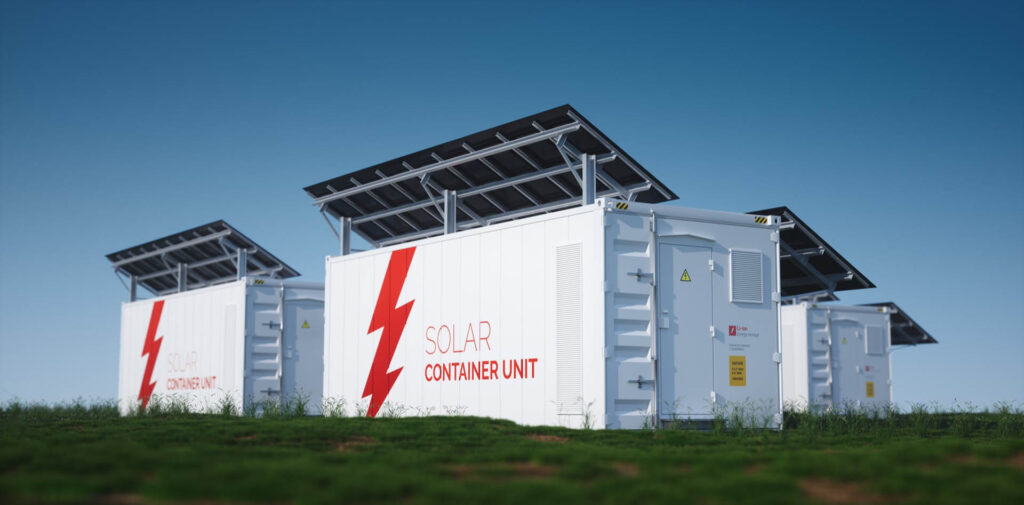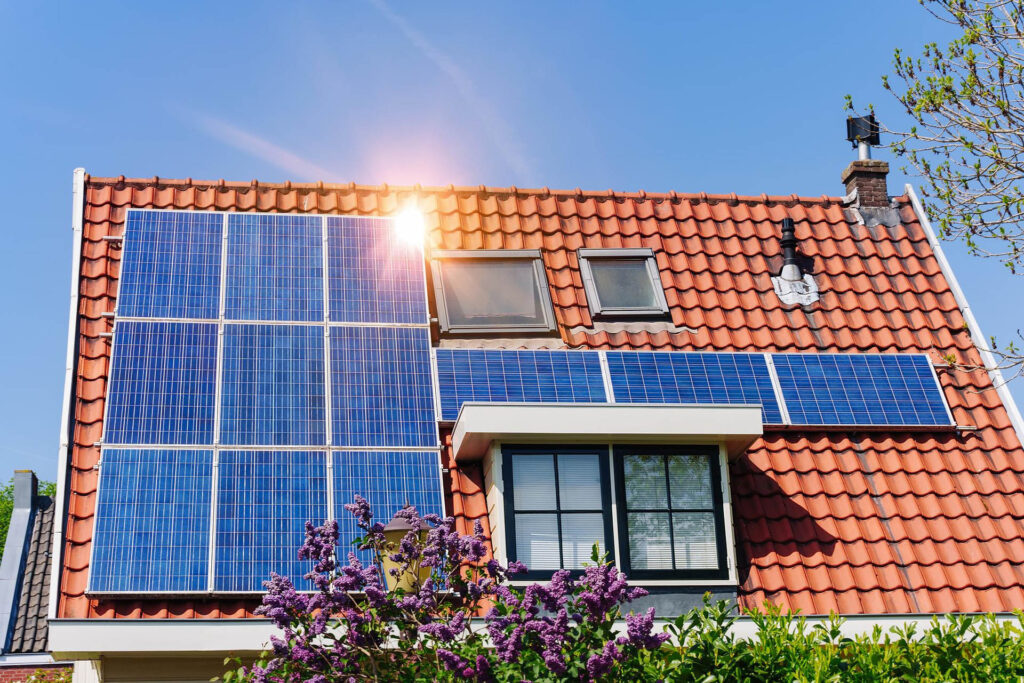Solar Thermal Systems: Solar thermal systems use sunlight to heat water or other fluids. These systems are commonly used for heating water in residential and commercial buildings or for generating steam to produce electricity in large-scale power plants.
Off-Grid and Grid-Connected Systems
Solar energy can be used in both off-grid and grid-connected systems. Off-grid systems are independent and not connected to the main power grid. They typically use batteries to store excess energy for use during periods of low sunlight. Grid-connected systems, on the other hand, are connected to the utility grid. Excess electricity generated by these systems can be fed back into the grid, and energy can

Cost and Efficiency Improvements
The cost of solar panels and associated equipment has significantly decreased over the years, making solar energy more accessible and economically viable. Technological advancements have also improved the efficiency of solar panels, allowing them to convert a higher percentage of sunlight into electricity.
Applications
Solar energy can be used for various applications, including residential and commercial electricity generation, water heating, powering small electronic devices, and even in large-scale solar power plants that contribute to the electrical grid.

Despite its numerous advantages, solar energy does face some challenges. One of the main limitations is its intermittent nature, as solar power generation depends on sunlight availability. Energy storage technologies, such as batteries, are being developed to address this challenge. Additionally, the initial installation cost of solar systems can be relatively high, although it is often offset by long-term energy savings.

